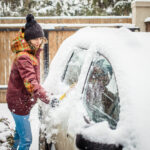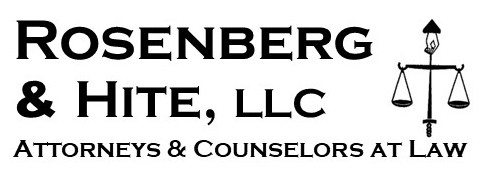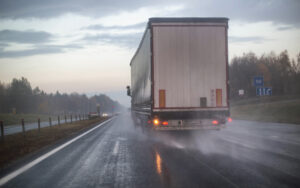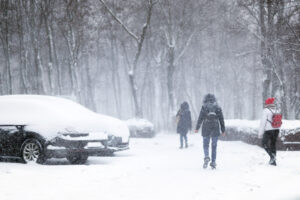Rainstorms, snowfall, and fog can significantly impact road visibility and traction, leading to an increased risk of Personal Injury incidents. Prevention is key to keeping safe during the New England Winter Months.
Car Accidents:
Driving in bad weather can lead to an increased risk of accidents, even when roads are cleared and salted. Invisible patches of ice,
sudden wind gusts, visibility issues, and inexperienced drivers on the road are serious safety factors to consider when going out in bad conditions. Pedestrians may be distracted due to difficult walking conditions or their vision may be obstructed by thick hats and scarves. Practice safe driving, especially in adverse weather by reducing your speed, maintaining a safe following distance, and using your headlights. Remember also that large trucks take longer to slow, may be more susceptible to losing control or jackknifing, and may have increased visibility issues.
Workplace Safety Concerns:
Employees may face additional risks during bad weather, especially in jobs that require outdoor activities. Employers should be implementing safety measures and providing appropriate equipment during extreme weather events. Work Place Injuries differ from other accident cases, due to the Worker’s Compensation Insurance coverage required by law. Liability is usually not a concern in work-related injuries. It is possible to have both a Worker’s Compensation Claim and a Personal Injury Claim for the same incident.
Pedestrian Safety:
Pedestrians are vulnerable to accidents in bad weather conditions. Take preventative measures when walking or working in bad weather. Stay visible to drivers with reflective material, use designated crosswalks, and avoid distractions while walking in adverse weather.
Slip and Fall Accidents:
During bad weather the risk of slips and falls is significant. Injuries from slip and fall accidents can be serious, however the threshold for liability is very high in these kinds of cases. One of the major hurdles in these kinds of injury cases is proving liability or defect. Written notice is the best way to show notice to the owner of the property. Slip and Fall cases, often do not settle before litigation, and are more likely to go to trial than other injury cases due to liability disputes.
Preventive Measures for Homeowners:

LEGAL TIP: Clearing your car from any accumulated ice or snow is the law. Protect other drivers from accidents by being a responsible citizen and driver.
Homeowners can take proactive steps to prevent weather-related accidents on their properties by clearing and salting walkways, maintaining proper drainage, and ensuring that outdoor spaces are safe during adverse weather. Shovel the walkway for your mail carrier and uncover snow-locked fire hydrants on your property.
Prevention by using safe practices is the best protection against injury.



